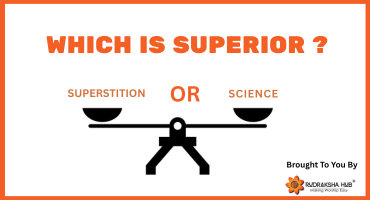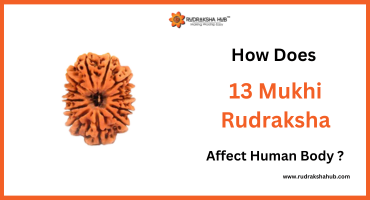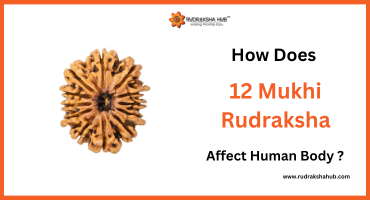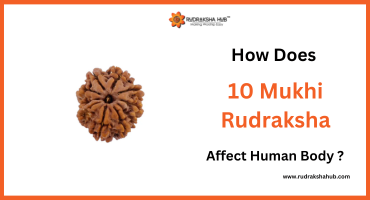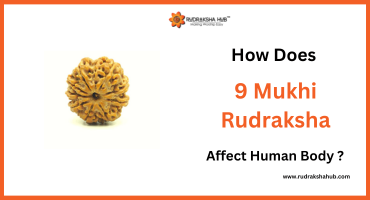
Shrimad Bhagwad Geeta Shlok Blog -41
Shlok-41
अधर्माभिभवात्कृष्ण प्रदुष्यन्ति कुलस्त्रियः । स्त्रीषु दुष्टासु वार्ष्णेय जायते वर्णसङ्करः ॥ 1-41 ||
English Transcription
Adharmaabhibhawaatkrishna Pradushyanti Kulstriyah | Streeshu Dushtraasu Waarshneya Jaayate Warnasankarah || 1-41 ||
Hindi Translation
Adharma ke badh jaane se kul ki striyaan bhi dooshit ho jaati hain or iski wajah se kul ke varnasankar (bache) bhi adharmi ho jaate hain.
English Translation
Destroying a legacy means the character of women gets played with as well and thus, the child born to them is also of a lost legacy and the result of sin.
Meaning
In the previous Shlok, we saw how Arjun said he was not happy killing his family members because killing them meant doing a sin and any sin promotes Adahrma. An increase in Adharma means the end of the family legacy and values.
In this Shlok, he continues to explain the domino effect upon the family and the people at large that is played when people kill their families and defy their friendships. Arjun says that everything that he has done and ever achieved had been for his people and his families. He cannot think of betraying them even if they have betrayed them over and over again.
Arjun says in this Shlok that he had learned how hatred leads a person into doing things they would never otherwise do. It is the same for people who love their loved ones. No one desires to hurt their people and no one desires to let their people get hurt.
In this trap of emotional melodrama, if people do take drastic measures like revenge for anything, it might be done in anger and hatred. It might not be a well-thought-through plan of action. It might not be the most suitable path as well.
Under these circumstances, Arjun enlists how if a person follows the rules and regulations, their minds are at ease. They can think and act properly. They can behave in the best way required. They are always calm and composed and in their best shape possible. Arjun tells how they become Satvik from mind and body and it reflects in their actions, so they will never take any stupid, rash decisions to malign their chances of getting the best of everything.
On the flip side, if the person is Tamsik in nature, who gets aggravated fast, who has the habit of being under the influence of anger and lust, and who does not value traditions and culture, they fall into the productivity trap. These people are always in the wrong circles and they are never on track.
Due to this behavior, they lose character. They behave in the most criticized manner possible. They do not keep a note of what to do and what not to do. They even cross the boundaries that no one should and no one can but people with poor character only will do it.
In such cases, characterlessness leads to a lack of determination to stay as is, and also the people go completely astray. People tend to act weirdly and they cross the boundaries of personal and professional relations.
Unjustified relationships get established and the people make sure that the thin line between order and ethics gets crossed. Illicit affairs and relationships develop and not just the people connected are impacted but the morals of those witnessing also get impacted.
New lives that come onto Earth due to these spoiled morals are also spoiled blood and they also get the hang of being the same desperate and spoiled and irresponsible due to their upbringing and surrounding.
Arjun further tries to say that in such a situation, not just one generation gets poor and bad, but the entire generation and the entire family legacy is destroyed and all this only corrupts more and more and the end of the world becomes more and more closer than usual.
Arjun asks Shri Krishna if he is the charioteer of Arjun and he is pulling the chariot of Arjun as well as the life of Pandavas, but after such an eruption of Adharma, everywhere, how will Shri Krishna be able to still be the charioteer of such a sinful place and how will anyone be able to proceed up ahead any further?
Conclusion
Oftentimes, we see something happening and we feel that this is the starting and end and if this is not achieved, everything is down to the drain because there is nothing in it and nothing beyond. But what we do not understand is that the domino effect is continuously making a move and the monet one cycle of the effect ends and something different happens, it will trigger a chain ratio for another cycle to progress and then, the next chain reaction will trigger something other on a different tangent, which might be unrelated or remotely related, but it will make the entire process different and this will keep going on and on. There is no end to this and the only thing that can end this endless chain reaction will be the end of the world. Thus, the butterfly effect of a small domino effect started will only end with the end of the world and with destruction. So, who wins here? Let’s see how Arjun connects the domino effect of their Shloka to the butterfly effect of the other Shloka tomorrow.
That's it for Shlok-41, Chapter-1, Shrimad Bhagwat Geeta. We’ll see you again in Shlok-42, Chapter-1 tomorrow. Till then, stay happy and stay blessed and catch up till Shlok-40, Chapter-1, here
Follow us:
Facebook: https://www.facebook.com/RudrakshHub
Instagram: https://www.instagram.com/rudrakshahub/?hl=en
LinkedIn: https://www.linkedin.com/build-relation/newsletter-follow?entityUrn=6965943605077164032
Youtube: https://youtu.be/6aji56gGwDY
Spotify: https://open.spotify.com/show/7sAblFEsUcFCdKZShztGFC?si=61a7b9a9e46b42d6

